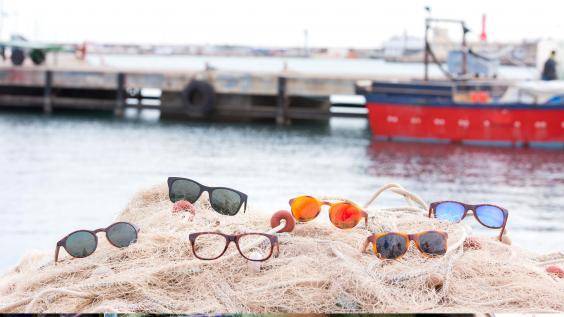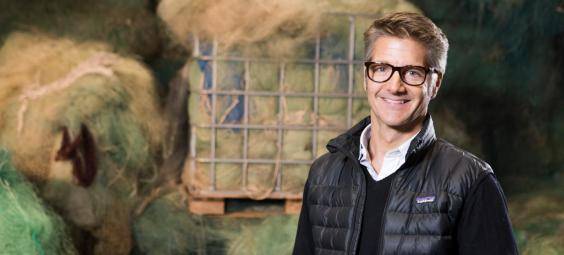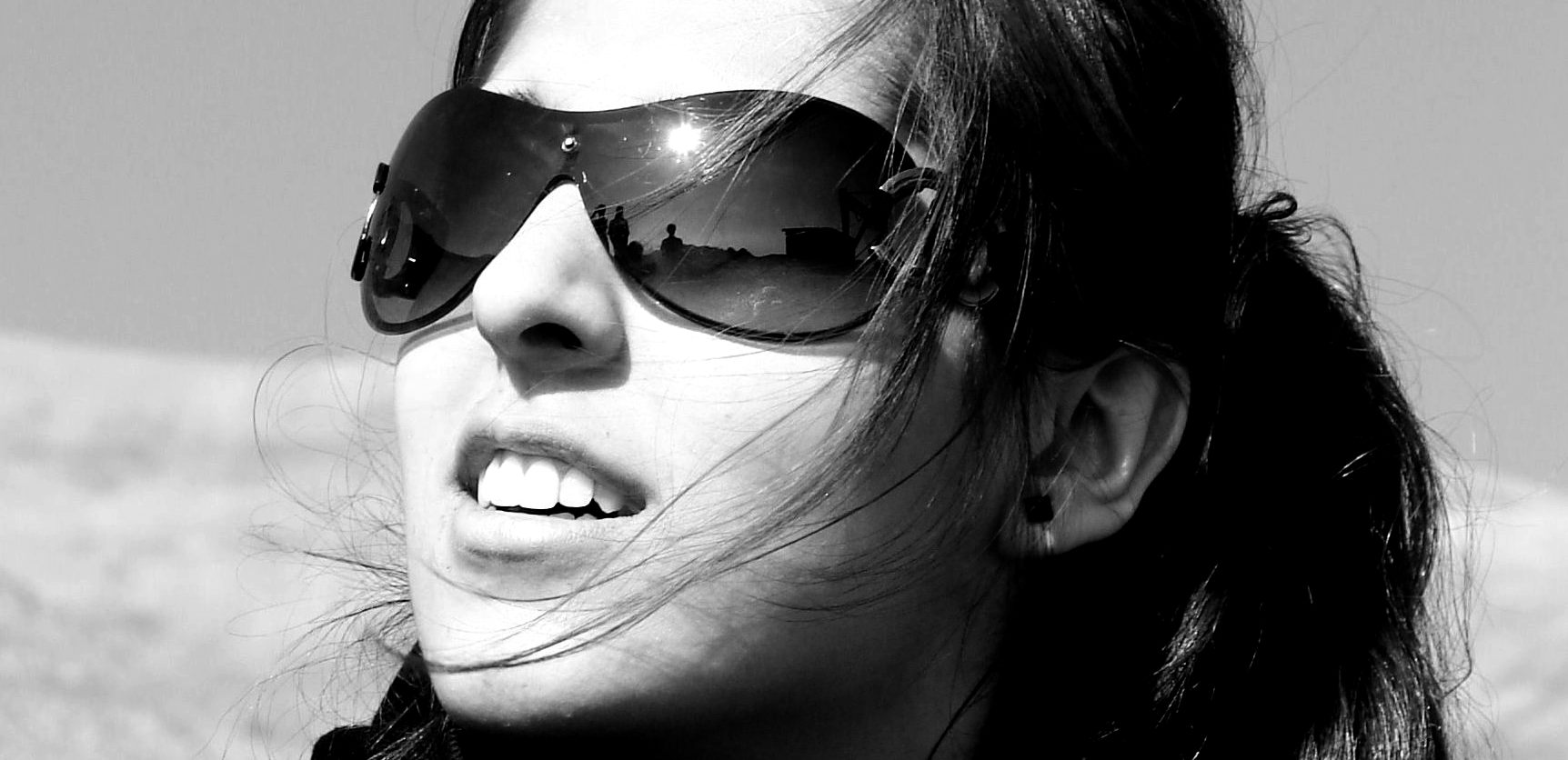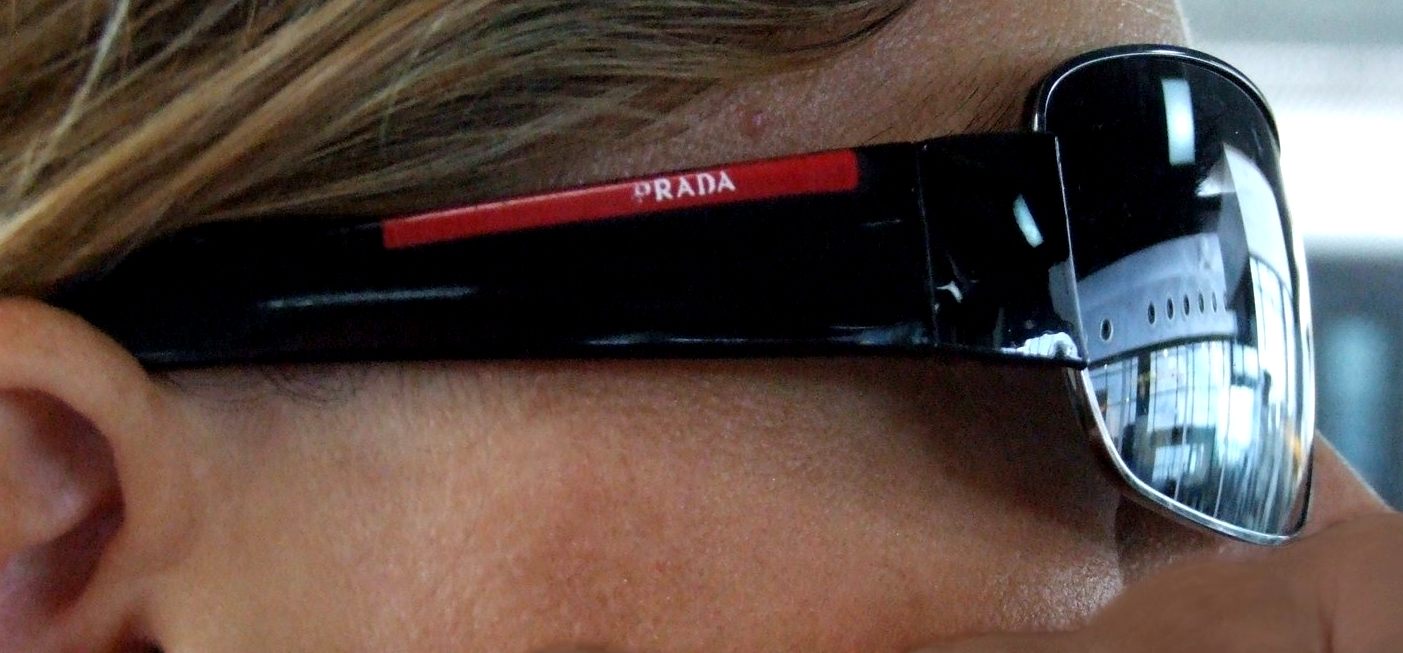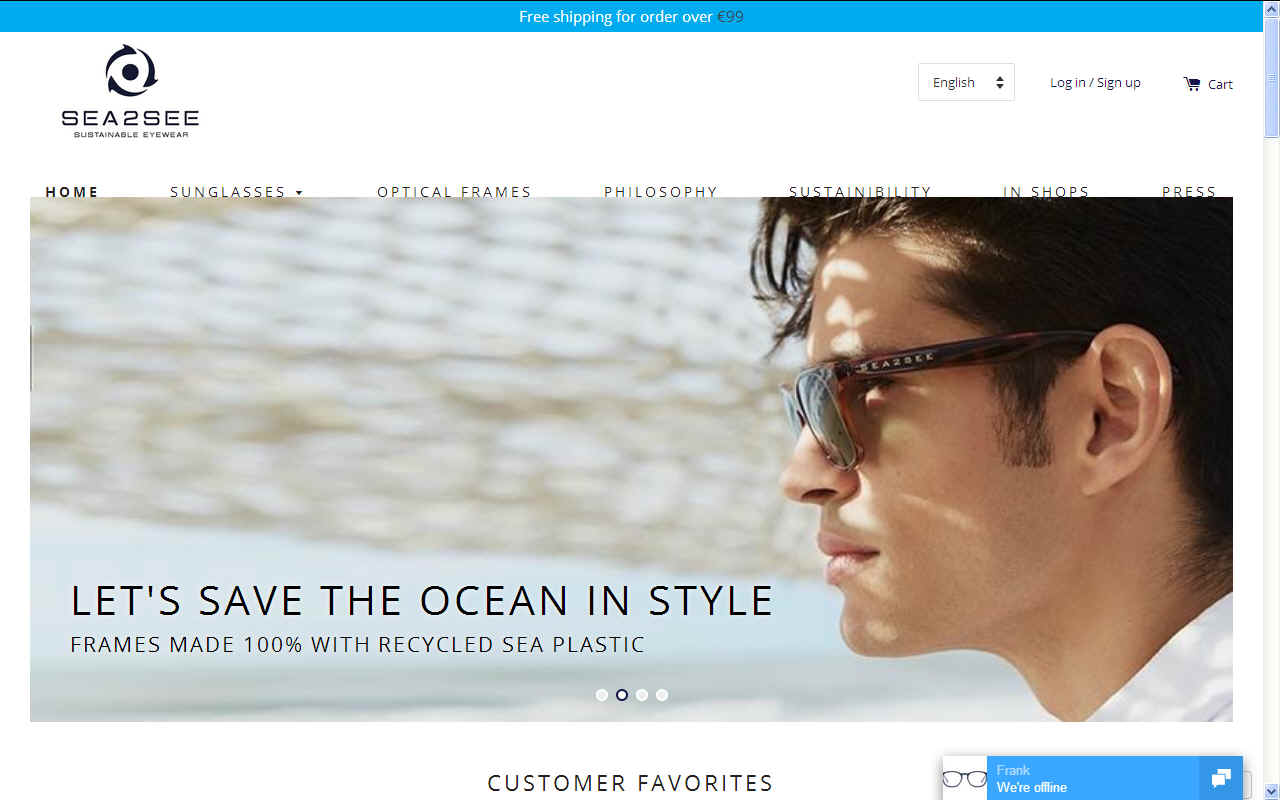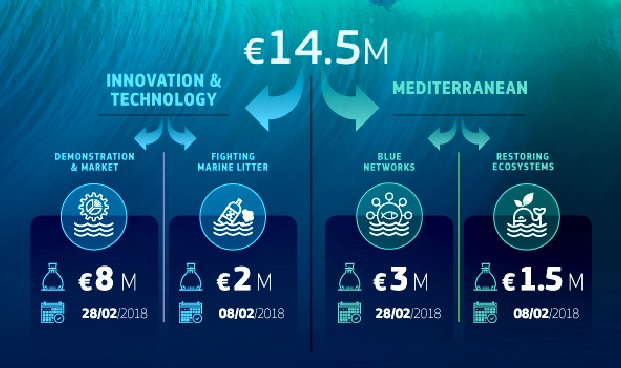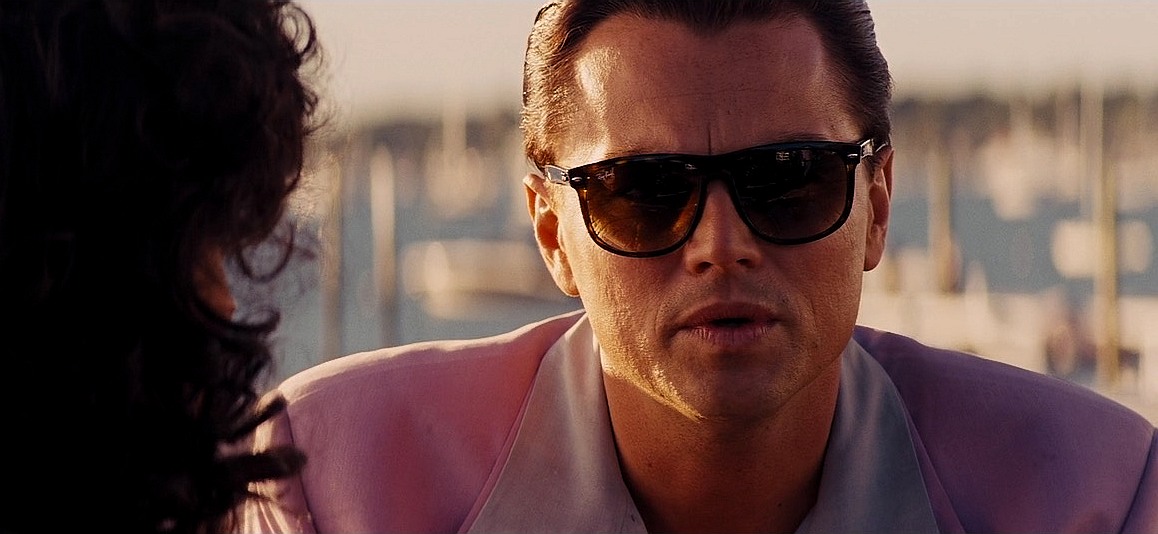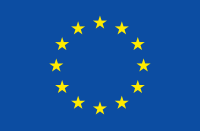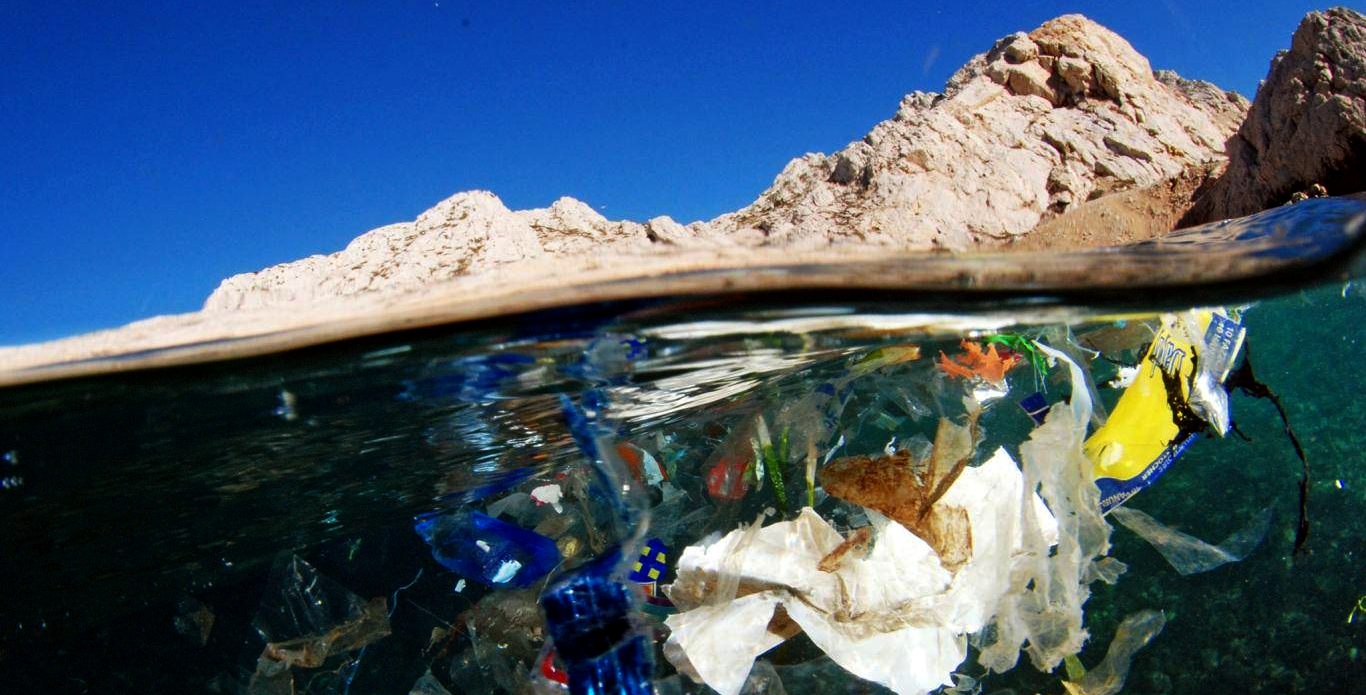|
SUNGLASSES
ABOUT - CONTACTS - FOUNDATION - HOME - A-Z INDEX
POLAROIDS - Visible light waves from the sun travel in all directions. When this scattered light meets a horizontal surface, like a road or water, a large portion of the light is reflected with horizontal polarization. This horizontally-polarized light is seen as white glare, and masks light that is useful to the human eye, reducing visibility. By using a sheet of vertical polarizing material, the horizontally-polarized component can be significantly attenuated, reducing the overall light level reaching the eye. This improves contrast, and thus perception of the scene.
In days gone by sun glasses were made of glass and metal, sometimes with bone or shell as the arms that lead from the frames to the ear. Reading glasses and other corrective lenses help millions of people enjoy a normal life. Sunglasses also play an important part in making life more comfortable, but they have also become a fashion accessory.
The idea of sunglasses, or sun glasses was to block out harmful ultra-violet rays. They are a form of protective eyewear designed primarily to prevent bright sunlight and high-energy visible light from damaging or discomforting the eyes. They can sometimes also function as a visual aid, as variously termed spectacles or glasses exist, featuring lenses that are colored, polarized or darkened.
THE
INDEPENDENT NOV 2017
About 10kg of waste is collected for each pair of glasses it sells. Sea2see separates what it can use for the glasses and the rest is sold off to other companies for use in different processes such as manufacturing nylon thread.
The nets that trawling boats frequently leave in the sea act as magnets for the 8 million tonnes of plastic detritus estimated to be thrown into the world’s oceans each year. They create islands of waste that trap hundreds of thousands of sea mammals and fish. Plastic is also ingested by aquatic animals, such as sea turtles, who mistake it for viable food.
As a filmmaker by trade, he admits that just a couple of years ago he “didn’t have a clue” about the eyewear industry, but he knew he wanted to create a brand that had a social impact.
Ellen MacArthur’s stark warning that by 2050 there could be more plastic in the oceans than fish, particularly stuck in Van Den Abeele’s mind. He read up on brands trying to implement the circular economy and developed the idea for Sea2see.
“We have a society moved by ego; it’s propelled by the number of likes you get. Our product is quite literally in the middle of your face and it’s making a really clear statement.”
Looking ahead, Van den Abeele wants to expand the company’s product range into areas like goggles for skiing, snowboarding and other action sports – markets he believes have a natural affinity with his company’s story.
LINKS & REFERENCE
info@sea2see.org https://www.sea2see.org/ https://en.wikipedia.org/wiki/Sunglasses http://www.independent.co.uk/news/business/indyventure/plastic-waste-pollution-ocean-make-designer-sunglasses-see2sea-catalonia-a8048836.html
MEDITERRANEAN - Marine litter in the Mediterranean is a big problem, but could be a bountiful harvest if there was a cost effective way of collecting floating debris to recycle as sunglasses and a whole host of other articles that are made of plastic.
This website is provided on a free basis as a public information service. copyright © Cleaner Oceans Foundation Ltd (COFL) (Company No: 4674774) 2017. Solar Studios, BN271RF, United Kingdom. COFL is a charity without share capital. The names AmphiMax™, RiverVax™ and SeaVax™ are trade names used under license by COF in connection with their 'Feed The World' ocean cleaning sustainability campaign.
|
